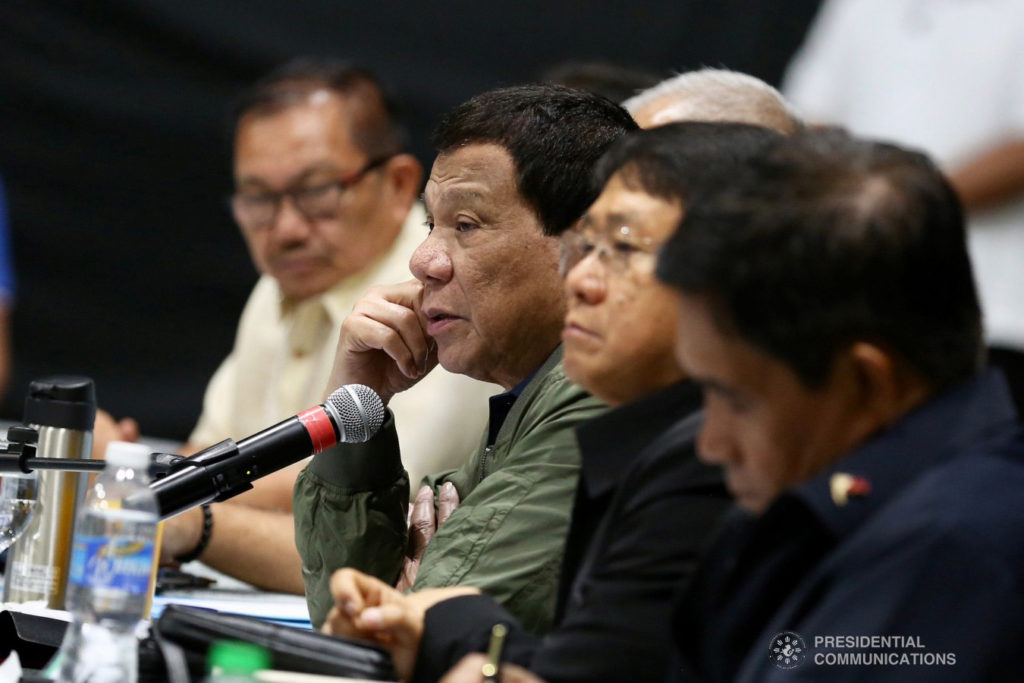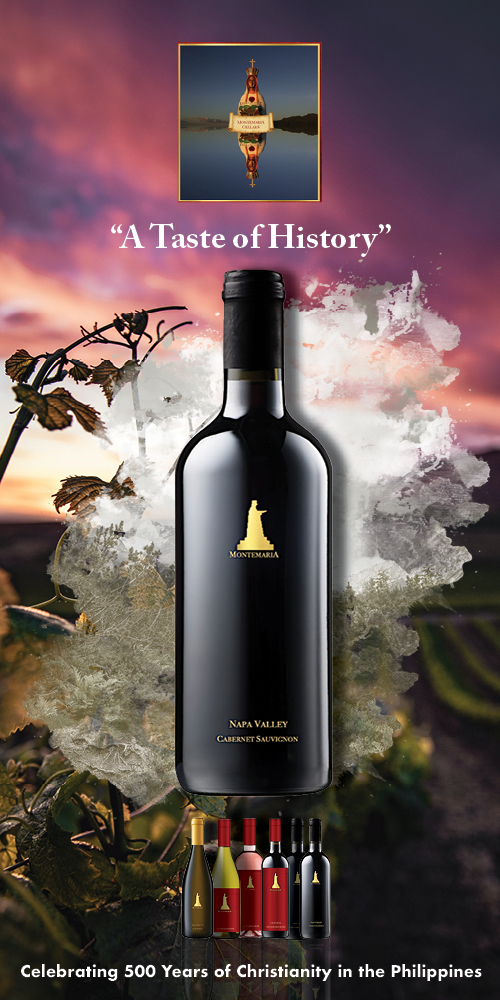
PHILIPPINE President Rodrigo Duterte on Thursday, March 14, released the infamous list of politicians allegedly involved in the illegal drug trade ahead of the upcoming midterm elections.
Duterte read the list compiled by the Philippine Drug Enforcement Agency (PDEA) out loud during the National Peace and Order Council meeting in Davao City. It was broadcasted on state-owned television stations PTV4 and RTVM.
“An official’s right to privacy is not absolute and there is a compelling reason to prioritize the state and the people. As your president, my ultimate concern is the pursuit of order in government,” Duterte said as reported by Rappler.
“Since my assumption in 2016, I have committed to eradicate the drug problem. My decision to unmask these drug personalities was anchored on my trust in the government agencies who have vetted and validated the narco-list,” he added as reported by The Manila Times.
Duterte named 46 out of 82 alleged narco-politicians. These officials were composed of 33 mayors, seven vice mayors, three congressmen, one board member and one former mayor. He did not finish naming the rest since he was not “certain” about their involvement.
“Yung iba wag na muna kasi hindi ko sigurado. Yung nai-file na, medyo validated na (We can skip the others since I am not certain about them. The ones that were filed were slightly validated already) We can say we have gathered enough proof,” he said.
He added that the Department of Interior and Local Government (DILG) has filed administrative cases against them, at the Office of the Ombudsman. However, the president clarified that he has no personal intention or vendetta towards the named candidates.
“I’m not really interested in releasing it before or after the elections because I don’t have the slightest intention to hurt anybody or to be the cause of a failure of the election of a certain one who wants to serve the public,” Duterte said as reported by CNN Philippines.
“For the judge, it’s proof beyond reasonable doubt. For the police, Armed Forces, you only have to come up with probable cause. Is he probably the criminal of this act? If he is, then I must arrest him. Remember the word probable does not require you to be very sure,” he added.
The president clarified that the said people were not drug addicts themselves. He explained that these people capitalized on illegal drugs to acquire the wealth they are currently enjoying.
“These are the people who you think they are clean and that they send their children to schools abroad and they even brag about it in their Facebook posts with snow-capped mountains at the back,” Duterte stated as reported by The Philippine Star.
In a report by The Philippine Daily Inquirer, officials were from the Ilocos region, Cagayan Valley, Central Luzon, Calabarzon, Mimaropa, Western Visayas, Central Visayas, Eastern Visayas, Zamboanga Peninsula, Northern Mindanao, Soccsksargen, Caraga region and Autonomous Region in Muslim Mindanao.
Media groups against publicizing list
Several media organizations objected to the publication of such list across print, radio, television and online platforms. Among those were the National Union of Journalists of the Philippines (NUJP), Philippine Center for Investigative Journalism (PCIJ), Philippine Press Institute (PPI).
Others include Center for Media Freedom and Responsibility (CMFR), Mindanews, Center for Community Journalism and Development, Freedom for Media, and Freedom for All Network.
“Such naming and shaming calls attention to the possible invasion of privacy, as well as denial of due process and presumption of innocence, for those on the list,” the joint statement read.
Who validated the list?
DILG Undersecretary Jonathan Malaya explained that the list was validated by officials from the PDEA-led Interagency Committee on Anti-illegal Drugs (ICAD).
Among those were from the Philippine National Police (PNP), the Armed Forces of the Philippines (AFP), and the National Intelligence Coordinating Agency (NICA).
Malaya emphasized that the list compiled names of politicians who were vetted, verified and agreed upon by all four agencies.
“If there is one or two agencies that do not agree, we remove the name. Only those names upon which all four agreed were included in this initial batch. There are still other names which are currently being investigated and validated,” Malaya explained.
“I think, three years since the President came into power, we already have enough evidences to file against them. Given that the President has given the directive, we have no choice but to file the charges,” he added.
Legality of narco-list release
Integrated Bar of the Philippines (IBP) National President Abdiel Fajardo said that the government had the right to issue such list since criminal charges filed against them would be made available for public’s perusal.
However, he expressed doubt that the basis for such accusations were present evidence. He was also concerned that the cases filed against them were administrative and not criminal cases.
“If it will be shown the filing was baseless and made only to besmirch the reputations of those named in the so-called list then the people named in the list and who have been made respondents against basis will have causes of action against those who included them in the list,” Fajardo told CNN Philippines.
“I’m quite puzzled why only administrative cases were filed against them since if the allegation is correct that they committed offenses under the Anti-drug Act then the most logical cases to be filed are criminal cases,” he added.





